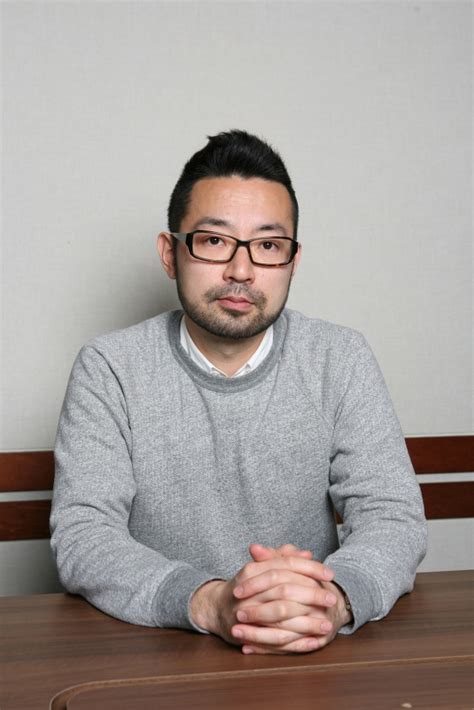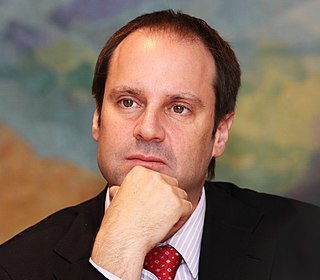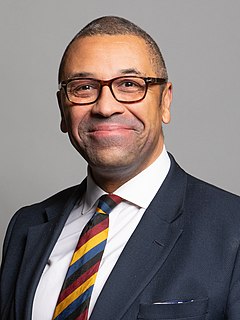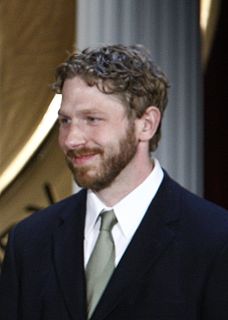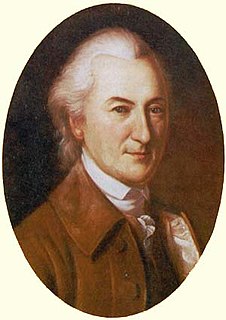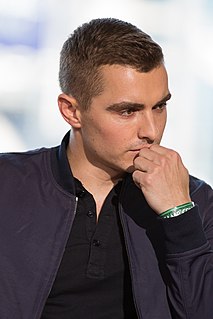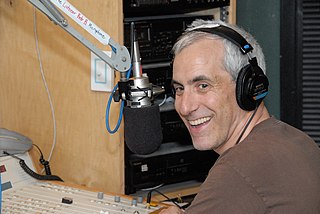A Quote by Tobias Wolff
Work for most people is really very social, and the actual thinking is often done in community.
Related Quotes
It is no use thinking that writing of poems - the actual writing - can accommodate itself to a social setting, even the most sympathetic social setting of a workshop composed of friends. It cannot. The work improves there and often the will to work gets valuable nourishment and ideas. But, for good reasons, the poem requires of the writer not society or instruction, but a patch of profound and unbroken solitude.
Social thinking requires very exacting thresholds to be powerful. For example, we've had social thinking for 200,000 years, and hardly anything happened that could be considered progress over most of that time. This is because what is most pervasive about social thinking is 'how to get along and mutually cope.'
The people with the best sense of what is essential to a community, of what gives and maintains its spirit, are often doing very humble, manual tasks. It is often the poorest person - the one who has a handica[p, is] ill or old - who is the most prophetic. People who carry responsibility must be close to them and know what they think, because it is often they who are free enough to see with the greatest clarity the needs, beauty and pain of the community.
The intellectual tradition of the West is very individualistic. It's not community-based. The intellectual is often thought of as a person who is alone and cut off from the world. So I have had to practice being willing to leave the space of my study to be in community, to work in community, and to be changed by community.
You can't actually hire and fire people inside of an open source community. Which means that getting people to work together is much more along the lines of making sure that people have the tools they need both to get their work done but also to know what is being done by other people and how to take that to their employer and tell that story to their employer and to show this is why the community is good and this is why we're working on these sort of things because it helps us over here.
I think that I probably break on set more than I make other people break. I've realized recently that, in my everyday social life, I'm a very easygoing person, but when it comes to work, I'm pretty type - A. I'm very focused and I take it maybe too seriously sometimes. So, when I'm on set, even when there are really funny people that I'm in the scenes with, I'm generally good at not breaking too often.
One of the things I'm most proud of that we've done here at WFMU - after various failed attempts - is to create a really healthy online community that feeds into the physical real-world community. It's spawned meet-ups in other cities. People even get married - they meet online from these chats that accompany every single program and are a really big part of what we do.




